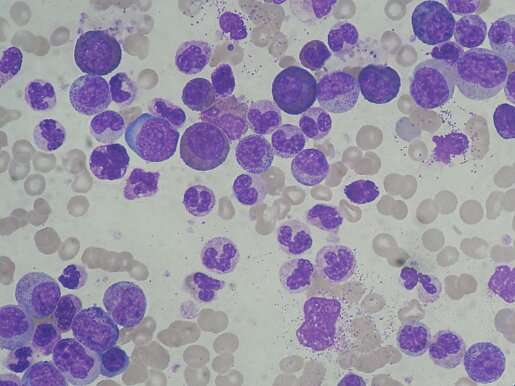
A new study reveals the fact that the evolution of dietary and hygienic habits in Western countries is associated with a decrease in the bacteria that helps in digestion. It explores the variation and evolution of ‘Prevotella copri’, a common human gut microbe.
The fact is evident due to the study on bacteria found in the intestine of ‘Otzi’, the Iceman who, in 1991, emerged from the ice of the Otztal Alps.
The results of the study were published in the journal of ‘Universita di Trento.’
These very bacteria were also found in the Iceman, who lived 5300 years ago and are still present in non-Westernized populations in various parts of the world. The depletion of the microbiome may be associated with the increased prevalence, in Western countries, of complex conditions like allergies, autoimmune and gastrointestinal diseases, obesity.
The intestinal microbiome is a delicate ecosystem made up of billions and billions of microorganisms, bacteria in particular, that support our immune system, protect us from viruses and pathogens, and help us absorb nutrients and produce energy.
The industrialization process in Western countries had a huge impact on its content. This was confirmed by a study on the bacteria found in the intestine of ‘Otzi’, the Iceman who, in 1991, emerged from the ice of the Otztal Alps, where Italy borders with Austria. Scientists of Eurac Research examined samples of the mummy’s bacteria, confirming the findings of the researchers of the University of Trento who had analyzed the genome of intestinal microorganisms of over 6500 individuals from all continents.
Previous studies by the University of Trento had demonstrated that there is a connection between the microbiome’s bacterial content and the increase, in Western countries, of obesity, autoimmune and gastrointestinal diseases, allergies and other complex conditions. In the study that appeared today in Cell Host & Microbe, researchers from Cibio of the University of Trento and Eurac in Bolzano/Bozen demonstrated that the differences between Western and non-Western or prehistoric microbiome lie in the decrease of some types of bacteria that process complex and vegetal fibers in the intestine.
That may have been caused by the Westernization process. Changes in diet, which is now higher in fat and low in fibres, a sedentary lifestyle in an urban setting, the development of new hygiene habits and the widespread use of antibiotics and other medical products have, with no doubt, made our lives safer, but impacted the delicate balance of our microbiome.
[“source=hindustantimes”]

